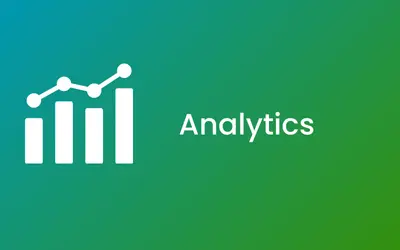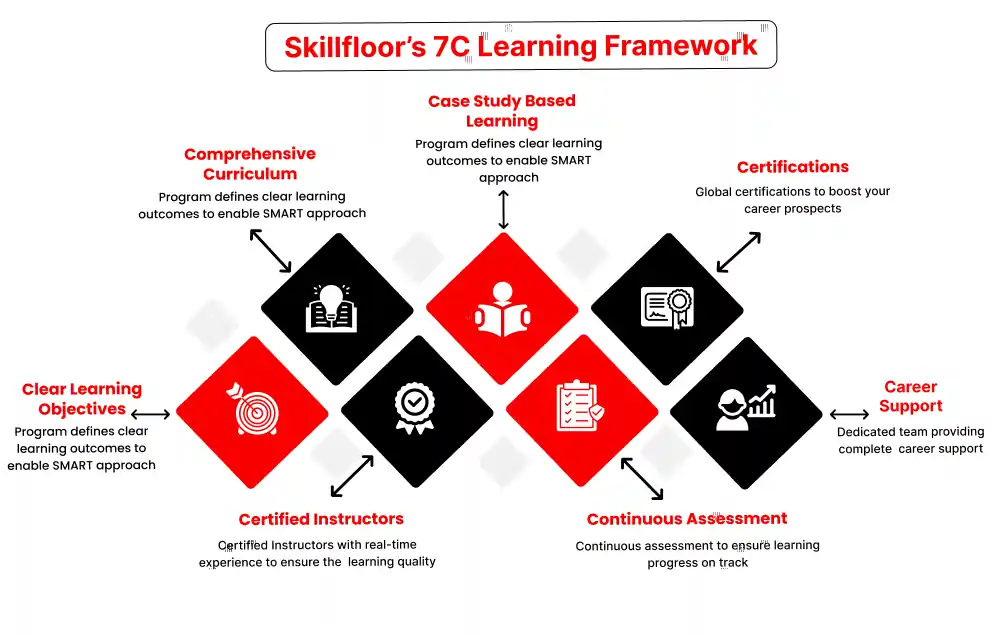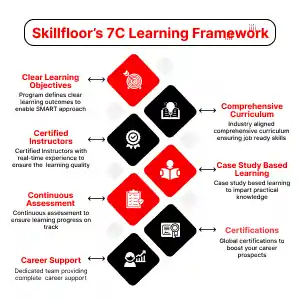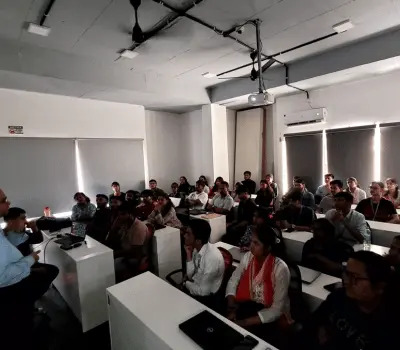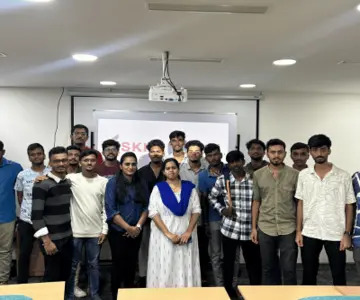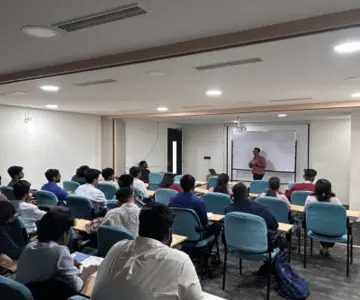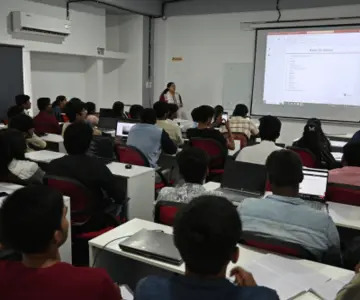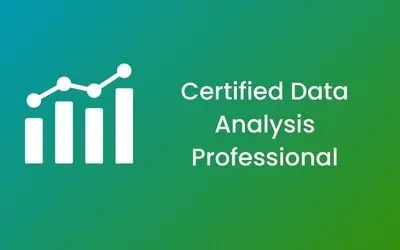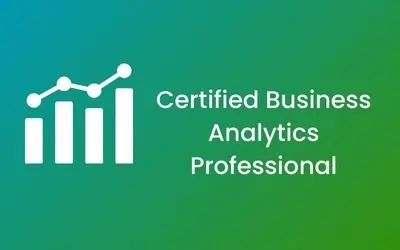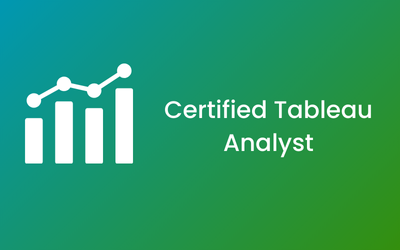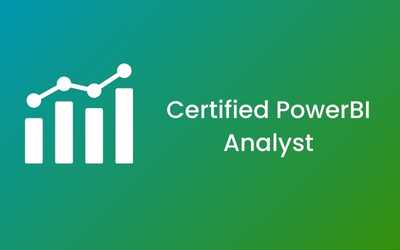ANALYTICS TRAINING IN MADURAI
-

-
(16978 Reviews)
-
Career Opportunities: Discover exciting new job opportunities in Madurai's growing analytics industry. Prepare for roles like Data Analyst or Business Analyst and elevate your career to new heights.
-
Key Analytics Skills: Master essential skills such as data analysis, data visualization, and statistical modeling. Become adept at helping businesses make smarter decisions through data-driven insights.
-
Real-World Experience: Build hands-on experience with internships and projects in collaboration with leading companies. Enhance your expertise and confidence for a thriving career in analytics.
